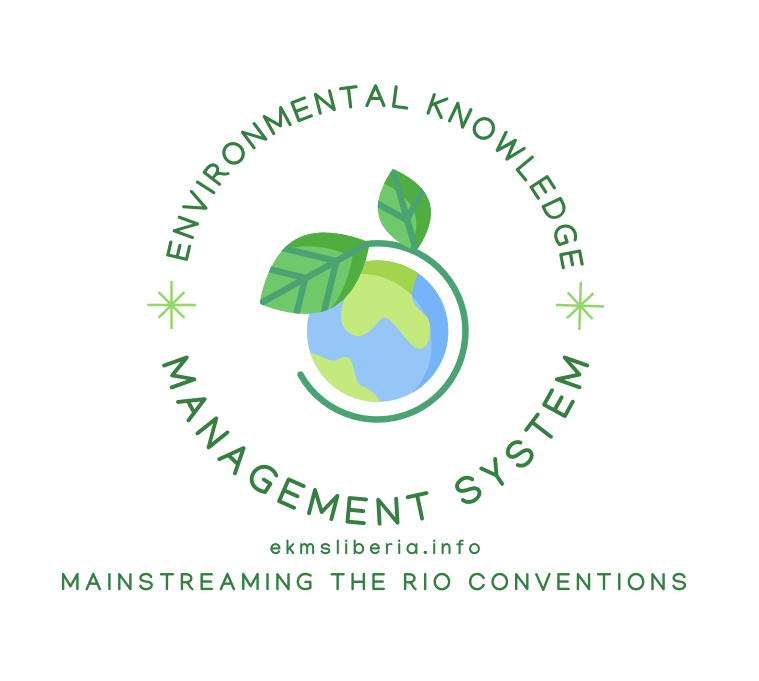Background
The Government of Liberia, through the Environmental Protection Agency, under the Convention on Biological Diversity (CBD) unit, is undertaking the GEF Early Action Support Project, which aims to strengthen the country’s capacity to revise and align national biodiversity strategies with the Kunming-Montreal Global Biodiversity Framework (GBF). One of the critical focus areas is the assessment and reform of subsidies that may have harmful effects on biodiversity, in line with Target 18 of the GBF, which calls for the identification, reform, or elimination of incentives harmful to biodiversity.
Many subsidies in Liberia’s forestry, agriculture, fisheries, and extractive sectors may inadvertently contribute to habitat loss, overexploitation, and environmental degradation. This consultancy seeks to identify such subsidies, assess their ecological impacts, and recommend alternatives or reforms aligned with sustainability and biodiversity conservation goals.
Objectives of the Assignment
The main objective of the consultancy is to conduct an in-depth analysis of existing subsidies in Liberia and evaluate their impacts on biodiversity. The consultant will develop practical, evidence-based recommendations to support the reform or repurposing of subsidies to promote positive biodiversity outcomes.
Scope of Work and Key Responsibilities
Under the supervision of the National Project Coordinator and in consultation with relevant stakeholders, the consultant will:
- Conduct a comprehensive mapping of current subsidies (including direct and indirect, sectoral and cross-sectoral) relevant to agriculture, fisheries, forestry, and extractive sectors.
- Analyze the ecological and economic impacts of these subsidies on biodiversity, including effects on ecosystem services, protected areas, and endangered species.
- Identify biodiversity-harmful subsidies (BHS) using international guidance (e.g., OECD, CBD, UNEP-WCMC frameworks).
- Consult stakeholders including government agencies, civil society, and private sector actors to validate findings and understand subsidy mechanisms and implementation challenges.
- Benchmark best practices from comparable countries on subsidy reform, particularly from Africa or the Global South.
- Recommend policy and regulatory options for phasing out, reforming, or repurposing harmful subsidies in line with Target 18 of the GBF and national development priorities.
- Present findings in a stakeholder validation workshop and revise the final report based on feedback.
Click here: Download

